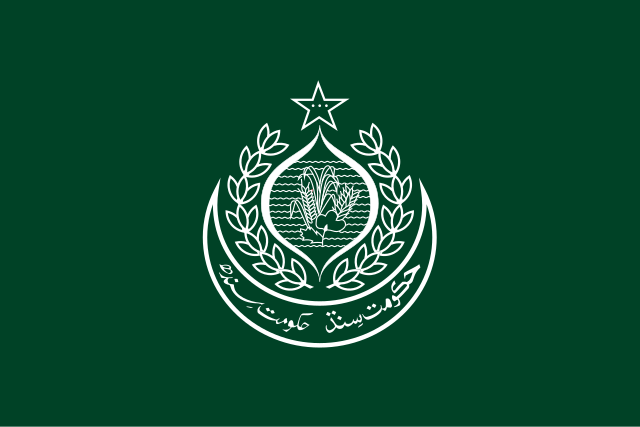Sindh Chief Minister Syed Murad Ali Shah has commenced budget meetings to finalise the development proposals and their allocations in the province for the next financial year and has also launched an austerity drive to conserve funds for development initiatives, as reported by Dawn.
The provincial government is finalising proposals for the upcoming budget for the next financial year. The federal government will unveil the budget for the fiscal year 2025-26 on June 2.
In two separate meetings at the CM House of the Finance and Planning & Development departments today, the chief minister finalised the Annual Development Programme (ADP), stressing that rehabilitation of flood-damaged infrastructure must be prioritised in the upcoming budget. He also emphasised the need to reduce non-development expenditures while increasing allocations for development projects.
He further instructed that canal and watercourse lining projects be included in the new development schemes, and highlighted the importance of agricultural growth by calling for schemes that focus on improving agricultural output and productivity. “It is time to pay special attention to the agricultural sector,” he said.
Murad reiterated the government’s ongoing commitment to the health sector, emphasising the need to enhance healthcare facilities across the province. Regarding the education sector, he stressed the urgency of upgrading primary schools to the elementary level, and giving focused attention to both formal and non-formal education systems. He also directed to introduce multiple schemes for technical and higher education, and called for projects that promote sports and healthy activities for youth.
The chief minister also called for the introduction of new schemes to expand the ADP and stressed the importance of fiscal prudence. He advocated for cost-saving measures to ensure that savings are redirected towards development activities.
The main projects identified for accelerated funding in the new fiscal year include the K-IV water supply project, the Shahrah-e-Bhutto expressway, a 38.75-kilometre expressway aimed at improving urban connectivity and reducing congestion, and ongoing transport schemes in Karachi.
The chief minister emphasised reducing non-development expenditures while increasing allocations for development projects. He highlighted the government’s efforts to enhance financial resources and expressed optimism that provincial tax collection agencies would meet their targets.
A day earlier, CM Shah had announced that water supply and drainage schemes would be included in the provincial ADP as part of the provincial budget for fiscal year 2025-26.
Chairing a high-level meeting at the CM House, he had said that several development schemes focusing on water supply, drainage, solar energy, and both industrial and agricultural development would be included in the ADP. He also emphasised that reconstruction of the schools damaged by floods would be a top priority in the forthcoming uplift plan.
Highlighting the scale of this year’s development programme, the chief minister recalled that the ADP was worth Rs493 billion, with Rs55bn specifically allocated under the district ADP. He added that there were 4,644 development schemes in progress during the current fiscal year, and it was expected that 1,812 of them would be completed by the end of June 2025.
Prime Minister Shehbaz Sharif earlier said that the government’s priority in the upcoming budget was to provide relief to the common man, stating that all-out resources will be utilised to reduce the financial difficulties of the poor and the middle class.
Chairing a meeting on the preparation of the federal budget 2025-26, the premier directed that the upcoming budget should be prepared with a focus on sustainable export-driven growth and considering the projects to promote industries and increase production.
“The budget should also focus extensively on the creation of jobs, agriculture, information technology, small and medium enterprises, and the housing sector,” he added.
The prime minister said that the government and private sector must work together for development and prosperity. He said that automation and digitisation were being promoted to bring transparency to the government system and facilitate the business community and investors.




